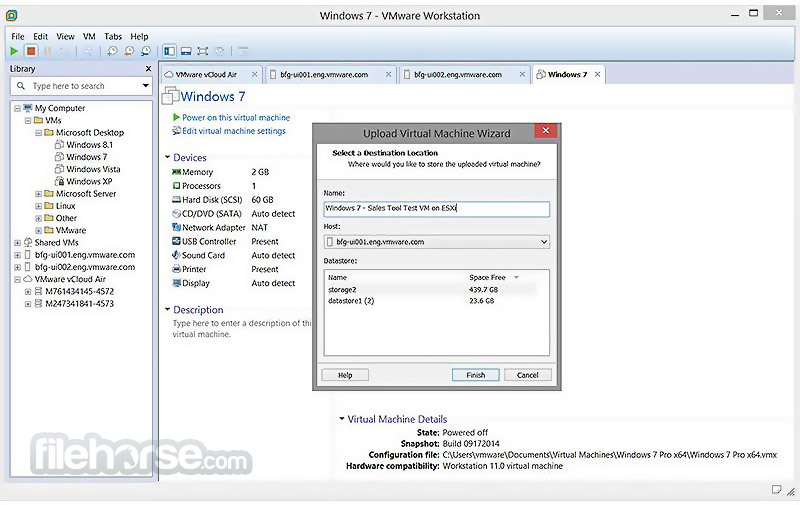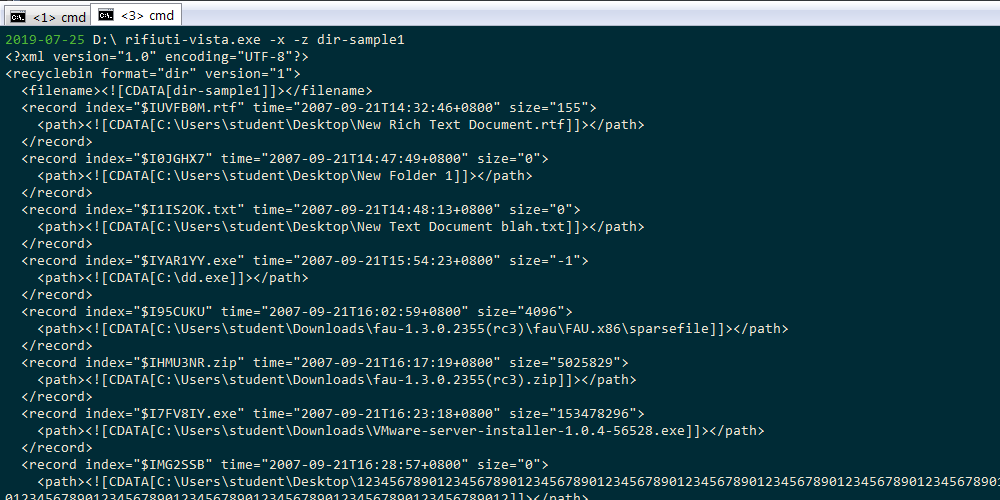

It is very bad style to ommit them from lower-case letters, but still it is sometimes done in computerworld because som many computer systems choke on them. In Spanish, diacriticals are often ommitted in upper case letters, though for the sake of correctness they shouldn’t. Also “BEGONA FERNANDEZ”, which is very wrong but enforced, for example, by airlines. “Begoña Fernández”, “Begoña Fernandez”, “BEGOÑA FERNANDEZ” and “BEGOÑA FERNÃNDEZ” are the same person too. We can blame the users, vendors, and even technical users for using the wrong case, but I think it’s futile and in hindsight it was a bad idea to have upper and lower case of “B” to represent bytes and bits. The incorrect use of letter cases is so prevalent that we can’t really make assumptions based on the case of a letter. The pedantic interpretation of “mb” would be “milli-bits”, although it’s far more likely the author actually means megabytes and didn’t bother with letter casing. I don’t know if you realize it or not, but you took the liberty of arbitrarily flipping the case of the “K” to write “KB”, which is technically a wrong SI unit. You should be right about kb and kB, but but realistically we are so inconsistent in practice that assuming the author’s intended meaning based on letter case is not a sure thing. There are probably other examples regarding abbreviations, although you can blame most of them on the metric system That isn’t universally true… I know its a nitpick, but “kb” (kilobit) and “KB” (kilobyte) mean two entirely different things. “What the hell, I’ve done the same thing on these two servers and the results are different!” I need a way to auto deploy my preferences when I connect, but that could confuse other users though, haha. I’ve already encountered other scenarios where changing the defaults helps (like fixing broken vim auto indentation), but it’s just a pain to have to do so over and over again across so many servers. I mostly use command line tools from ssh server connections. If a search returns too much and “find next” is a hassle, only then would I switch to case sensitive search. I think case insensitivity is a better default for searching text, the risk of missing something that I meant to find is worse than the risk of matching something with the wrong case. īoth searches have merit, but for me it’s just the default that sucks. I absolutely love the fact that I can search with or without case sensitivity on pretty much every editor I use under Linux as it allows me to more easily filter out noise results. I do it because the name of the files never get too large and also because I can filter them very fast.

For songs with lyrics files, I convert things to lower case. I love it because, on directories with many files, it helps sort them the way I like.įor example, all music tracks I have are always ], with initials capitalized (and I move track number, album, genre and other information to ID3/metadata tags).

By the way, the KDE file manager has an option to do the same.Īlso, I have an old habit of naming files with some characteristics with case consideration. I absolutely love the fact that I can search with or without case sensitivity on pretty much every editor I use under Linux as it allows me to more easily filter out noise results.Īnyway, on any decent editor in Linux, it is a click away and can be made default. One man’s trash is another man’s treasure. I find it annoying that unix text editors use binary search by default. The overwhelming majority of the time I want my text searches to match both upper and lower case letters. “Do what I want and not what I say” would generally lean towards case insensitivity IMHO. Prior to tab completion and GUIs, having the type files in the right case (ie via command line or ftp, etc) was a major annoyance of unix. On the other hand, I generally feel that it is bad practice for multiple files to be in a directory differing only by letter case. You’re asking for good reasons for genuine case-insensitivity in file system operations. Also, case insensitive string comparison in unicode (to say nothing of accents etc) is non-trivial whereas a binary comparison is absolutely trivial.Įdit: I read too fast. I agree with your take on case sensitivity not being a universal construct. It’s meaningless to do a case-insensitive compare of Arabic, for example. If all you have are Western languages maybe, but “case” is not a universal language construct.


 0 kommentar(er)
0 kommentar(er)
